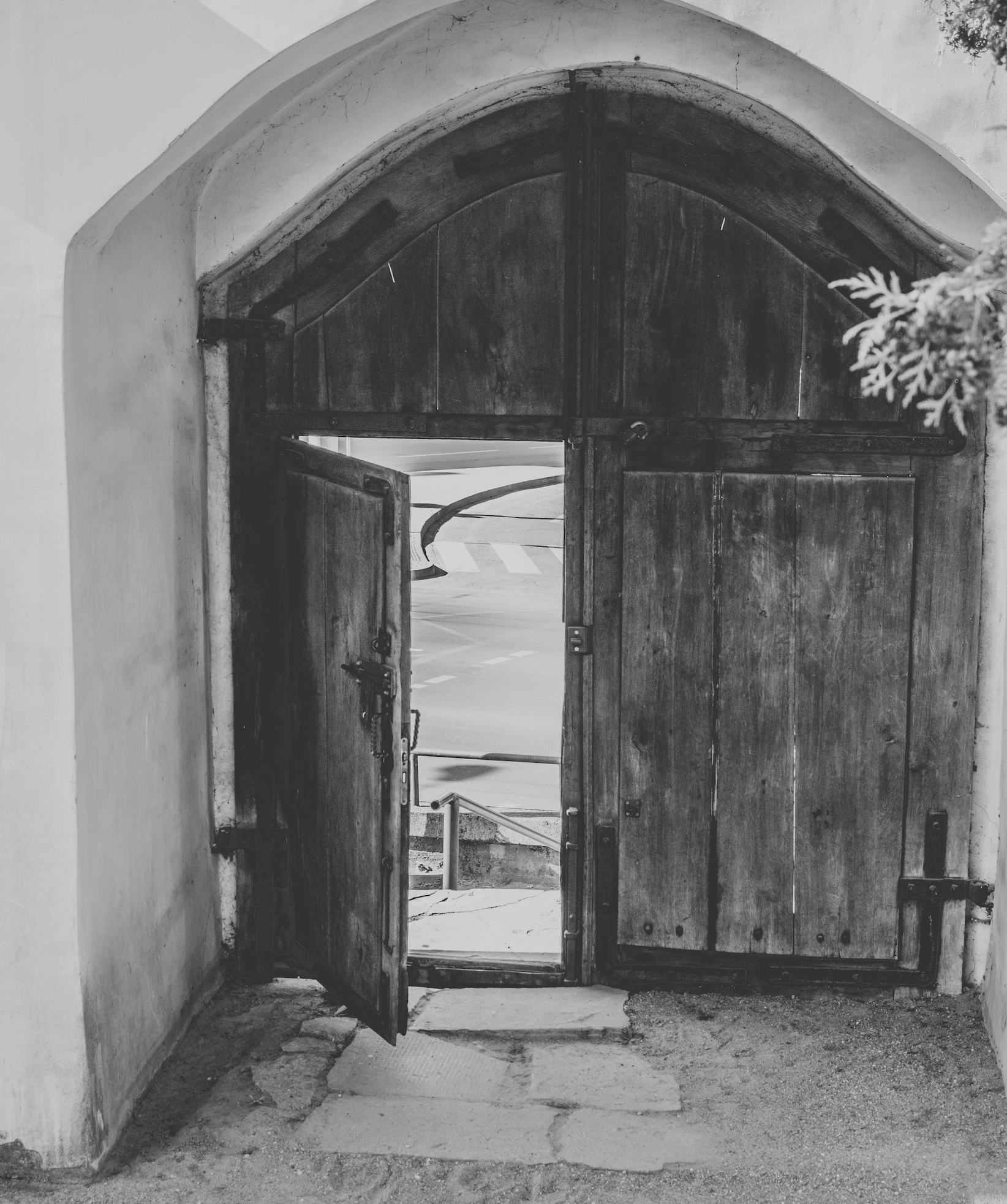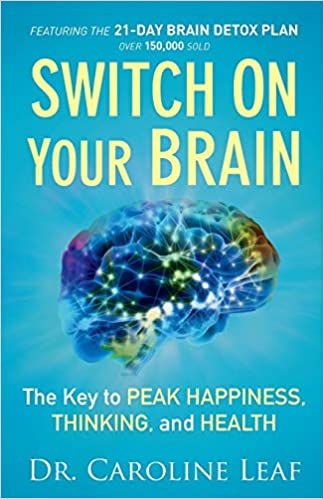5 practices for getting un-stuck

5 practices for getting unstuck
Feeling stuck? Try these 5 practices for getting un-stuck
I’m not here to whine. Honestly.
My goal for blogging today is to brainstorm with my virtual community about how we get un-stuck. My hope is that we can encourage one another toward whatever it is we should be doing next.
We all know how to binge junk food and Netflix. That’s not the strategy I’m talking about. It works, sure, but then there’s the scale to account for, as well as hours lost. Not to mention lost sleep. (And don’t pretend you haven’t worried about fictional characters or political conspiracies in the middle of the night.) Then there’s the addictive return to the next night to the program of your choice.
So let’s talk about practices to engage whenever we feel stuck in a current habit or situation or state of being. How do we re-energize and re-create ourselves and our environments? How do we start moving in a positive direction when we’re not sure where life is taking us at the moment?
Here are a few ideas for getting moving in an energetic direction that don’t involve the television:
1.Do something with immediate results. Anything in the housework or yardwork category can fill this. Yep, we hate it. But we also feel proud of ourselves when it’s done. True, the laundry will pile up again next week. The dishes will be re-used at the next meal. The weeds will grow uncommonly fast. Something else will most certainly break and need fixing. But there’s nothing quite so immediately satisfying (that requires no real talent) than a yard cut in straight lines or an empty dishwasher. Every time you feel listless, do something unimportant that brings immediate satisfaction.
Yesterday, my brain was overwhelmed with school work, writing deadlines, and a general lack of creativity, so my sister-in-law and I drove to my mother-in-law’s house and spent three hours decluttering it while she was out of town. Don’t panic. I had gotten permission beforehand (clutter makes her anxious, and she never knows what to throw out). By the end of the afternoon, her house looked nearly new. Change is good. This brings me to my next suggestion.
2. Purge. Let things go. Go through your closets, drawers, attic, garage. We have stuff everywhere that we don’t use anymore. Maybe it’s a rack of clothes I’m intending to wear after I lose ten pounds, or maybe it’s the double bed I’m storing in the attic because it belonged to my mother. The truth is: I will want to buy new clothes when/if I lose the weight. And nobody’s going to sleep on a mattress that’s been in the attic for ten years, plus, nobody wants a double mattress. Maybe it’s my age (middle age brings on an obsession with purging), and maybe it’s the startlingly wise trend of minimalism. But it makes sense to downsize your stuff. I can’t explain the joy I have when I drop off a load at our church’s thrift store. (Click here is you live in Richmond.) I’m sure they must think I’m a hoarder, given the regular number of donations I make.
I’m all about saving things for a rainy day, but I think most of us tend towards hoarding because we’re afraid of the future with or without something we find valuable. “What if I might need this later?” and “So-and-so gave this to me, so I can’t get rid of it” both reek of trepidation.
And while I’m at it, purge your anger and your bitterness. Decide to forgive, even the people who won’t own what they did to you. Address your grief. The cure to fearing the future is loving the present. And nobody can do that when they have a vice-grip their past memories and heartaches.
3. Plan big and plan ahead. When I feel stuck, it’s because I’m looking back at things that went wrong or didn’t go like I expected. When this happens, It’s hard to anticipate something creative and exciting.
How do you look ahead when you don’t have ideas? Experts tell us that dream-casting infuses us with happy hormones. Brainstorm what you’ve always wanted to do, where you’ve always wanted to go. Then figure out how to make it happen. Maybe it will take five years of planning and saving. That’s okay. In fact, that’s perfect. Planning gives you something to look forward to. My caveat for all you mega-planners is this: hold your plans loosely and be adventurous to follow the detours. Life seldom runs as planned. Dreaming and the adaption of dreams require equal courage and imagination.
I find that my biggest disappointments in life often come from playing it safe instead of dreaming huge.
4. Change your routine. The orderliness and predictability of our lives makes us feel safe. Conversely, the lack of order and predictability usually makes us feel vulnerable and unsafe. Take 2020 to the present day or any other historical calamity, like the Spanish flu, 9/11, Pearl Harbor. Every generation faces catastrophic events that shape their perspectives and psyche. Whenever we lose a “normal,” we fight to regain it. Instead, I think it’s healthier (and experts agree) that we acclimate to a new normal with intentionality and respect. The past is not better than the future; it’s just predictable.
Sit down with a piece of paper and draw a line down the middle. Write “Drains me” on the left and “Energizes me” on the right. Now brainstorm everything you do during your normal days and weeks. What tasks and obligations fill up your time? When you’re done, go through your list and look at the tasks that drain you (i.e. clean the house, make meals, maintain the cars). Which of these things can you outsource? What unnecessary activities can you cut in order to pay for these? Now look at the things that energize you. How much time do you allot to these? I’ll bet not much. That’s why we have stress. We spend most of our time on things we think we should do instead of things we were designed to do. Start brainstorming how to change your life to fit your gifting, instead of fitting your gifting around your life. Maybe you need a re-org at work or a creative day each week alone. Maybe you need regular lunches with friends or intentional family time with the kids that doesn’t involved carpooling. Make the adjustment to get unstuck. It’s your life.
5. Learn something new. One thing I love about teaching—probably what I love the best—is learning new things. If I have to teach the same curriculum and the same books every year, I get bored. But when I tackle a new novel or a new approach, I feel invigorated. Even if it bombs with the kids. I’m teaching Hamlet for the first time this year, and I’m loving it. (Watch Mel Gibson and Glenn Close in the 2004 version. Stunning!) Every time I add a new Shakespearean play to my teaching repertoire, something ignites inside of me. It’s as if I’ve gotten bigger and wiser, like my world has grown. (The Bible does this too. Really, all literature, but maybe that’s just me.) Find the thing that isn’t work for you, that makes work an adventure or challenge that you enjoy doing. (That’s when you know you’re unstuck.)
This week, one of my students accused me of being obsessed with Shakespeare and the Globe Theater because I “went on and on about it.” Bingo. Glad you noticed.
Obsession that grows you into a better human is always a good thing.
We should avoid the obsessions that shut us down.
If you talk to any active, vibrant elders in their 90s and above, you won’t find them slumped over a newspaper sleeping in their recliners. They’re not waiting for you to call them. They are out and about, volunteering, visiting, experiencing new things. They are not afraid of death and not regretful about life. They have decided to keep learning and keep changing their routines. They’re doing other things, like taking dance and joining bowling leagues and jumping out of airplanes. Age is an accomplishment, not a death sentence, for un-stuck people engaged in life.
The biology of positive habits supports the concept that we can retrain how our brains think and feel. Our actions reinforce the way we look at life, and the way we look at life reinforces our actions. We literally have the brain chemistry and spiritual resilience to get unstuck from anything. Click here to read an insightful book called Switch on Your Brain by Dr. Caroline Leaf. Her work is also on DVD.

These five ideas can get you unstuck today:
- Do something with immediate results.
- Purge.
- Plan big and plan ahead.
- Change your routine.
- Learn something new.
What ideas do you have? How to you get unstuck? Please join the conversation.
Become more effective in your prayer life. Order the award-winning book, Soulspeak: Praying Change into Unexpected Places. “Soulspeak will take your prayer life to the next level.”—Mark Batterson, NYTimes bestselling author




The Conversation
Sue, these are great tips. I like the idea of drawing a line down your page and delineating between energy givers and energy busters. I think connecting with people who share common goals and zest for life and brainstorming helps me when I feel stuck.
Thanks for writing, Debbie. I agree. We have to consciously choose life-giving instead of life-draining priorities and activities. T
Hey Sue! I actually watch trials on Law & Crime Network while I’m purging closets or doing mundane paperwork and bills. When I clean, I listen to worship music. I’m trying to make a habit of purging once a month. Get to see a few good trials and hearing. I like killing two or three birds with one stone, but I despise that saying. When I edit and write, I listen to classical music, which also stimulates the mind.
Great post!
Mary, this is great. Thanks for commenting. Love your ideas.